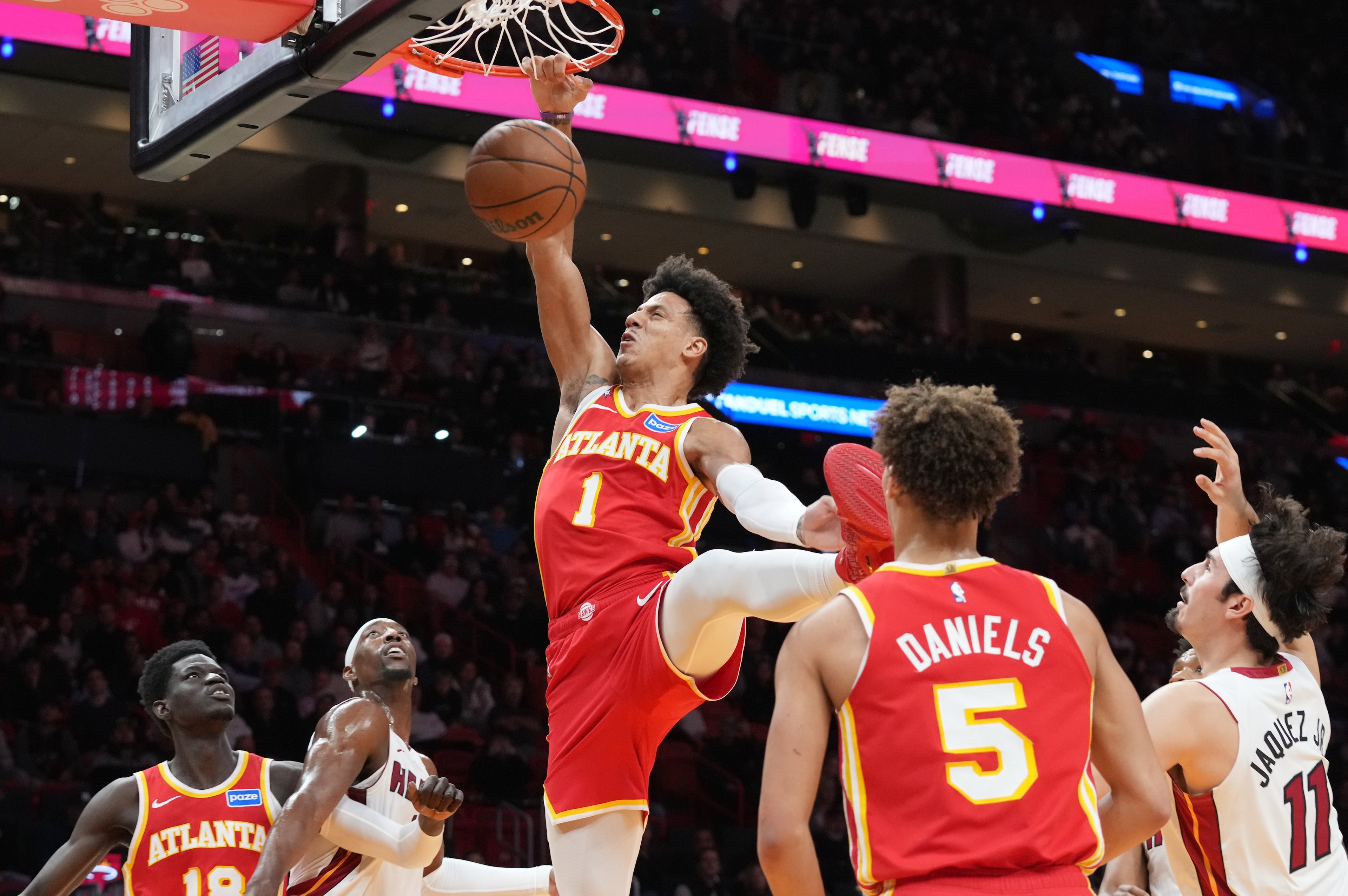NBA impasse means higher probablity for no season
More than four months after NBA owners locked out players in a labor dispute, the players’ union and the league’s owners haven’t been able to agree on much of anything.
However, after the union decided Monday to disband rather than accept or even take a full vote on the NBA’s take-it-or-leave-it proposal, both sides agreed there might not be a 2011-12 season.
In an interview on NBA TV, union executive director Billy Hunter said, “It’s a high probability rather than possibility,” that the season will be lost as the players’ antitrust suit goes to court. NBA commissioner David Stern predicted a “nuclear winter” for the NBA.
“There will ultimately be a new collective bargaining agreement, but the 2011-12 season is now in jeopardy,” Stern said in a statement released by the league later in the day.
The NHL, in 2004-05, has been the only major pro sports league to cancel a season because of a labor disagreement.
Hunter said players would soon file an antitrust lawsuit against owners after players decided collective bargaining had failed. If they ultimately prevail in what could be a lengthy court battle, players would be entitled to triple damages, or about $ 12 billion based on last season’s revenues.
However, Stern dismissed the notice of disclaimer as a “charade” and “negotiating tactic,” and criticized the union’s timing as “irresponsible.”
“The union is ratcheting it up to, I guess, see if they can scare the NBA owners into something,” Stern said in an ESPN-TV interview. “That’s not happening.”
Stern previously said the league’s offer was its last, and, if the players didn’t accept it, owners would replace it with a much harsher agreement. After the union’s actions, Stern didn’t say if the league was willing to continue negotiations.
“Now there’s nobody to negotiate with because the union is not there,” he said.
The league’s last proposal included a 72-game season that would begin Dec. 15. Stern had tried to sell the offer to players over the weekend by sending them a memo that also was posted on the NBA’s website and by taking the league’s case to Twitter.
But the union’s leadership rejected an offer that included a 50-50 split of revenues, down from 57-43 in the last agreement, and also several salary-cap and luxury-tax mechanisms that it said would stifle player movement. Stern had given the players a deadline to accept a deal last week, but ultimately reengaged in negotiations before making changes to the offer that players characterized as minor.
The union’s move on Monday, which is known as a “notice of disclaimer,” came after a meeting of its player representatives, executive committee, Hunter and president Derek Fisher. Union attorney Jeffrey Kessler said it’s not standard for union leaders to present an offer to membership that they deem unacceptable.
“That’s not how any union in America, that I’m aware of, operates,” Kessler told ESPN.com.
The Hawks’ players’ union representative, Zaza Pachulia, has not been able to attend meetings because he’s playing in Turkey. He’s been in contact with teammate Al Horford, who has taken his place in meetings.
“I am there with the guys, whatever is best for us current players and the future,” Pachulia said. “I am privileged to have a chance to play [the] game I love. This is my life. Hopefully everything is going to be resolved soon. I just want to see everything back to normal for players, owners, management, front-office people, fans -- everybody.”
Hunter and Fisher emphasized that the owners began the labor impasse when they locked out the players on July 1. They said the players had made unprecedented concessions in the split of BRI and also were willing to accept harsher luxury-tax penalties.
Stern said the league was seeking an agreement that would improve the financial health of struggling teams and also encourage more competitive balance between large- and small-market teams. He blamed the union for short-circuiting the process.
“The fans can think that we were very close and the players decided to blow it up,” Stern said. “I understand they will be angry with both sides. If there ever is a deal, which there usually is one, we will do what we can to win them back. That’s all I can say.”



